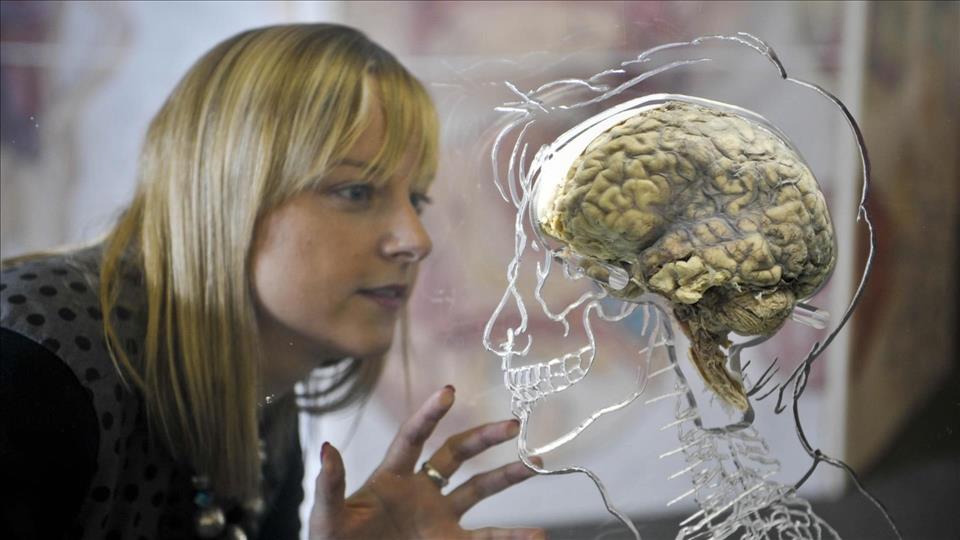
How 'men as default humans' threatens to undermine precision medicine
(MENAFN- Swissinfo) While humans are clever enough to develop advanced technologies like artificial intelligence, they are failing to consider that sex differences matter in training those technologies for use in healthcare.
June 21, 2020 - 11:00 Clare O''Dea, swissinfo.chPrecision medicine takes account of health and disease differences between individuals that are due to genetic and environmental factors, and is said to be the next big thing in healthcare. Used well, it should mean that patients will benefit from tailor-made prevention, diagnosis and treatment.
Chemotherapy, for example, is becoming much more targeted, with drugs developed for specific cancer types with certain genetic characteristics. Doctors will test patients for that specific genetic mix and only give the drug to those who have it.
Apart from genetic testing, precision medicine also draws on electronic health records, big data analytics, and supercomputing.
But flawed data threatens to prevent precision medicine from fulfilling its potential. One of the main obstacles is the historical blind spot towards women''s bodies in medical research, among other issues.
''The problem is not just limited to how an algorithm is designed but also the sex and gender biases that reside in the data that is used,'' explained Davide Cirillo, co-author of a recent review published by the Women''s Brain Project.
''A call to responsibility''The Women''s Brain Project (WBP) is a Swiss-based non-profit organisation which aims to understand how sex and gender differences have an impact on brain and mental diseases.
Davide Cirillo, co-author of a review published by the Women''s Brain Project. Davide Cirillo
The organisation has raised a warning flag to the scientific community to take care not to import all the faults of contemporary society and medicine, such as the under-representation of women in clinical trials, into the next generation of medical care.
''When we develop AI solutions for health, we should have an ethical committee assessing the benefit and the risk as well the possibility of generating discrimination by its application in the same way as it is done for drug development,'' Antonella Santuccione Chadha, CEO of the WBP told swissinfo.ch.
In the systematic review published in NPJ Digital Medicine this month, representing two years of work, Cirillo, Silvina Catuara-Solarz and nine other researchers, have issued ''a call to responsibility''.
''The presence of artificial intelligence is so pervasive in our everyday life that we cannot just ignore the impact that the technology is having in our society, especially concerning medical research and decision-making in healthcare,'' said Cirillo of the Barcelona Supercomputing Centre.
The review looked at big data, natural language processing and robotics, all of which experts predict will intrude into or enhance our lives more in the near future, depending on your perspective.
More

Legal Disclaimer:
MENAFN provides the
information “as is” without warranty of any kind. We do not accept
any responsibility or liability for the accuracy, content, images,
videos, licenses, completeness, legality, or reliability of the information
contained in this article. If you have any complaints or copyright
issues related to this article, kindly contact the provider above.















Comments
No comment